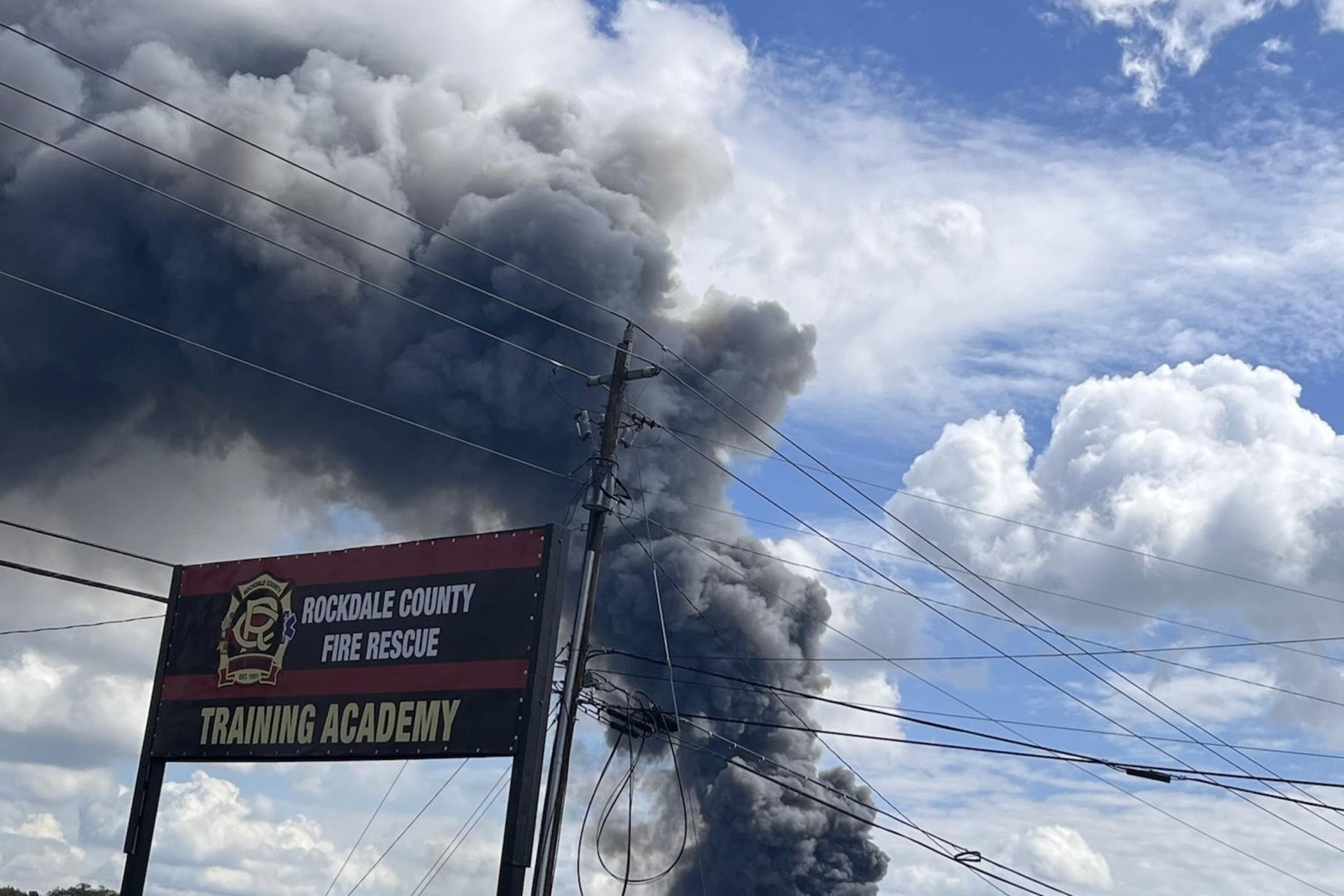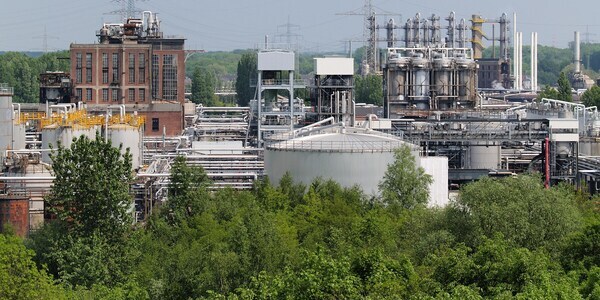Bhopal Court to Address Jurisdictional Issue in Dow Chemicals Trial Concerning Bhopal Gas Tragedy
Bhopal: On Thursday, a district and sessions court in Bhopal is scheduled to deliberate on a significant jurisdictional issue in the ongoing trial against Dow Chemical Company related to the notorious Bhopal gas tragedy of 1984. This legal proceeding centers on the question of whether Indian courts possess the authority to prosecute the American multinational corporation for its involvement in one of the globe's most catastrophic industrial disasters.
The court is anticipated to receive final arguments from both parties regarding the jurisdictional question, which has been a contentious issue in this case for numerous years. This hearing is regarded as a notable advancement in the protracted legal battle against Dow Chemical, as it may establish whether the company can be held accountable for its actions within India.
A petition seeking to hold Dow Chemical liable for the Bhopal disaster was lodged in 2014 in the district court of Bhopal. Since that time, Dow Chemical USA has been issued seven summonses to appear in court for the trial; however, the company did not comply with six of these requests. In October 2023, Dow Chemical made its first court appearance in Bhopal in 17 years. During this session, the company’s legal representatives contended that Indian courts do not have jurisdiction over the American corporation.
The survivors of the Bhopal gas tragedy, recognized as one of the gravest industrial accidents in history, have persistently sought accountability from Dow Chemical for the catastrophic leak that led to thousands of fatalities and extensive environmental harm. The incident transpired on the night of December 2-3, 1984, when toxic gas was released from the Union Carbide Corporation’s (UCC) pesticide plant in Bhopal. At that time, Union Carbide was an American firm responsible for the facility's operations, and Dow Chemical subsequently acquired UCC in 2001.
In the context of the ongoing legal proceedings, the Central Bureau of Investigation (CBI), serving as the prosecution agency in this matter, has also requested that Dow Chemical reveal its business integration strategy. This request aims to ascertain the asset valuation of Union Carbide that was transitioned to Dow Chemical during the acquisition. The Indian government and the victims of the gas tragedy continue to pursue the establishment of Dow Chemical’s liability for the disaster, with many arguing that the company should be recognized as a successor to Union Carbide’s operations in Bhopal.
The company maintains that Indian courts do not have the legal authority to prosecute the American multinational corporation for an event that occurred over three decades ago. Dow Chemical’s legal team has repeatedly pointed out that the matter should be handled in U.S. courts, not in India.
However, gas victims and their advocates remain adamant that Dow Chemical must be held accountable for its role in the disaster. In 2012, the Madhya Pradesh High Court ruled on the jurisdiction issue, determining that the Bhopal court had the legal authority to hear the case against Dow Chemical. Despite this ruling, the American corporation continues to resist the proceedings, claiming that its involvement in the case is not justified under Indian law.
This ongoing legal battle has drawn significant attention, not only due to the scale of the tragedy but also because of the complicated international legal dynamics at play. The case has brought into focus issues of corporate accountability, jurisdictional authority, and the ability of Indian courts to prosecute multinational companies for environmental and human rights violations that occur within the country.
In related developments, the hazardous chemical waste from the Union Carbide factory in Bhopal was recently relocated for safe disposal. On January 1, the state government undertook the process of shifting the waste to Pithampur in Dhar district for incineration, under the supervision of the Madhya Pradesh High Court. This move marks a significant step in addressing the long-standing environmental damage caused by the gas leak and the subsequent contamination of the area.
For the victims of the Bhopal gas tragedy, this ongoing legal battle with Dow Chemical represents the final push for justice, more than three decades after the disaster. The court’s ruling on Thursday could have far-reaching consequences, not just for the victims, but for corporate accountability and environmental justice on a global scale.
As the case continues to unfold, the victims, their families, and advocates will be closely watching the legal proceedings. They hope that this trial will finally bring the accountability and compensation that the survivors of the Bhopal gas tragedy have been seeking for decades. With the legal complexities still unresolved, the future of the case remains uncertain, but the fight for justice remains strong.



